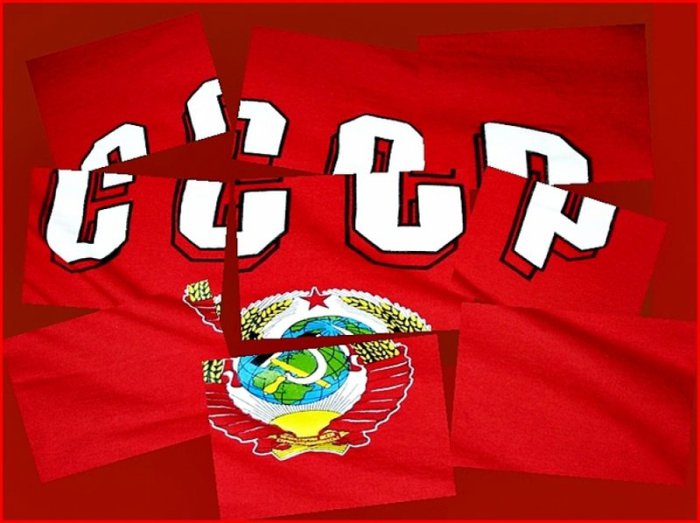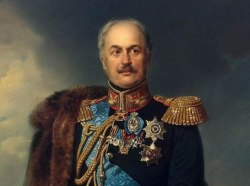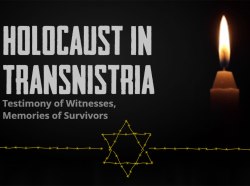On 16 January 1991, the Supreme Council of the Pridnestrovian Moldavian SSR adopted a resolution to hold in the republic the all-union referendum on preserving the Soviet Union.
One can often come across the phrase «Pridnestrovian separatists» not only in the Moldovan but also in some Russian media. On the one hand, this political term can be applied to Pridnestrovie — we did split from Moldova. But on the other hand, the Pridnestrovian Moldavian SSR, unlike the SSR of Moldova, was not going to leave the Union. It is in Kishinev where nationalist circles merged with the political elite. And even nationalism in Moldova had its own peculiarities. Local nationalists were not pro-Moldovan, but pro-Romanian. And they did not struggle for the development of the Moldovan, albeit mono-national, state, but for its prompt elimination by joining Romania. Who are better separatists then?
It seems paradoxical but Pridnestrovian «separatists» did much to save the sovereignty of Moldova itself both in 1990 when the PMSSR was declared and in 1991 when its Supreme Council passed this very resolution to hold the all-union referendum and in 1992 when Pridnestrovians up in arms defended the independence of their country. Bucuresti did not want to see Moldova as part of Romania without economically developed Pridnestrovie, but the Moldovan authorities failed to do so with the «breakaway region».
Our country is also often called «self-proclaimed». The term is very interesting. All contemporary states are self-proclaimed to a greater or lesser extent. Some of them were proclaimed by monarchs, other by national liberation fronts or by representative assemblies. The number of countries that became independent following the results of national referendums is nearly negligible. In the post-Soviet space, these are only semi-recognised or unrecognised states. Among them is Pridnestrovie. Moldova was proclaimed independent by its Supreme Council members. No one asked public opinion there on either independence or the preservation of the Soviet Union. If Ukraine, for instance, included in the ballot paper during the all-union referendum on 17 March 1991 a question on the national sovereignty of this Soviet republic, the Moldovan authorities banned the organisation of the referendum in the republic. The same was done in Armenia, Georgia, Latvia, Lithuania and Estonia. However, in the then «Georgian» Abkhazia and South Ossetia, as well as in Pridnestrovie and Gagauzia, the referendum took place despite the opposition from Tbilisi and Kishinev authorities.
It is noteworthy that as early as 3 April 1990 a Soviet law was adopted to regulate the secession of a Soviet republic from the USSR. Article 2 of this law provided that «a decision on the secession of a Soviet republic from the USSR is made by the free will of the people of a Soviet republic by way of a referendum (popular vote).»
The all-union referendum of 17 March 1991 is considered to be the first in the Soviet Union. But this refers only to all-union referendums. By the moment it was held every contemporary administrative unit of Pridnestrovie had already held a local referendum at which the residents of Tiraspol and Bendery, as well as of the five left-bank districts of the then MSSR, voted for the establishment of the 16th Soviet republic — PMSSR.
Soon, on 28 January we will mark the 27th anniversary of the referendum on the establishment of the Pridnestrovian Moldavian SSR in Tiraspol. The future Pridnestrovian capital was not the first city to organise such a referendum. As early as 3 December 1989 a similar referendum had been held in Rybnitsa.
As for the outcome of the all-union referendum of 17 March 1991, out of 148,574,606 Soviet citizens, 113,512,812 voted for its preservation. But soon the opinion of the vast majority of Soviet citizens would be of no one's concern — the country would collapse…








